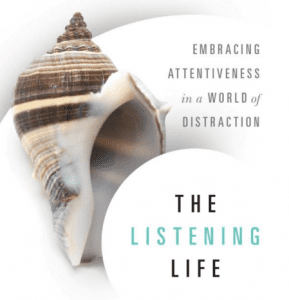Emptying — not a word often heard these days — is the first “discipline” Darryl Tippens discusses in his excellent study of the sorts of spiritual disciplines that we need to develop in community. Remember, this is a book about spiritual disciplines that shape community. His book is called Pilgrim Heart.
“The spirit of ’emptying’ lies at the very heart of Christianity” (40). Tippens claims even more, and I’d like to know what you think about this — and I’m keen on pastors or spiritual directors or “disciplers” offering insight: “The downward way of self-sacrifice is the fundamental requirement that undergirds and informs all the other practices of Jesus’ followers. In fact, one could argue that every spiritual discipline (whether worship, prayer, fasting, or whatever) is but a variation on a single theme — emptying oneself” (41). What do you think? I’ve got some ideas, but I’d like to hear what you think.
He speaks of the “kenotic” way. (Kenotic is from word for Jesus “emptying himself” in Phil. 2:5-11.) What is that? It is “relinquishment of authority, power, or prerogative.” It begins in baptism but it “is achieved, not through some superhuman effort on our part, but rather in the opposite direction, in giving up and giving in to God.” He tells the story of personally learning to “let go” in order to find his way through temptations.
Tippens has a powerful statement here: He speaks of the “idolatrous illusion that we can reach God … through our own muscular wills” (45).
Two really good sections remain: one on power and how power destroys churches, families, and social networks.
The other deals with three issues in “false kenosis.” (1) when kenosis is used as a tool to control others, and he sees kenosis as having been “gendered” so that women are typified as sacrificial and males (reflexively then) as takers. “Such thinking mocks Scripture,” Tippens adds on p. 50. (2) Kenosis is only achievable by professionals. False. (3) Kenosis implies being doormats. Again, false.
Here’s the theme of this chapter: “I am not in charge. God is” (46).
I’ve vested much of my interest in shaping formation through loving God and loving others. I believe one cannot love God or the other until one “empties” oneself into the other/Other and so can be filled by/with the Other/other.











